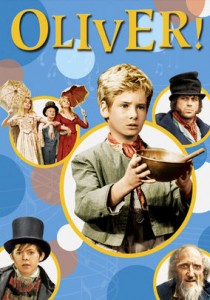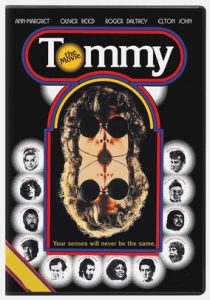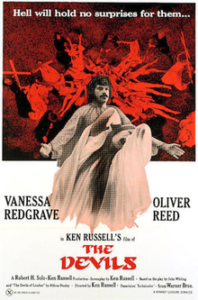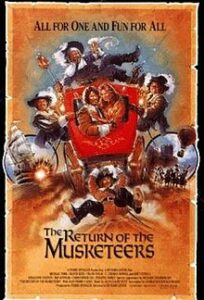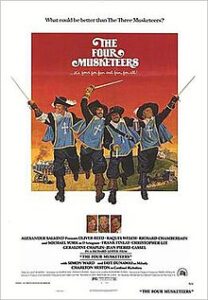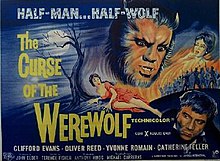Oliver! -1968
Director Carol Reed
Starring Mark Lester, Oliver Reed, Jack Wild
Top 250 Films #38
Scott’s Review #203
Reviewed December 10, 2014
Grade: A
Oliver! is a 1968 film based on Charles Dickens’ novel Oliver Twist, which was later adapted into a successful stage musical. The film surprisingly won the Academy Award for Best Picture that year.
Surprising, not because Oliver! is poor, it is magnificent, but it was not predicted to take home the honor.
Telling the tale of the woeful orphan Oliver, the film comes across as a dark musical with a wholesome, happy-ending feel, primarily because of its musical compositions, which inevitably lend a cheerier tone.
When the film begins, Oliver lives in a despicable orphanage outside of London. A drawing of straws forces meek Oliver to ask for more gruel.
After being deemed a problem child, he is sold for cheap to an undertaker, where he is bullied. Defeated, Oliver makes his way towards the big city in hopes of finding his fortune.
He then meets sinister characters such as Fagin, the Artful Dodger, and Bill Sikes, as well as the sympathetic Nancy and Mr. Brownlow.
I love the musical numbers in the film, and for me, they are the film’s strongest aspect. The film would have been much darker had it not been for the musical.
Numbers such as “Consider Yourself”, “Food, Glorious Food”, and “As Long As He Needs Me” stick with audiences for days.
The entertaining songs lighten the somber moments- as noted earlier, when meek Oliver dares to ask for more gruel, the enchanting “Food Glorious Food” cannot help but be hummed along to, which lightens the mood of the scene.
I also enjoy how the film contains the long-ago popular trend of containing two acts with an intermission in between- very grand and classy, and an aspect of the film I wish would return in today’s movies.
The London art direction is magnificent, revealing a cold, industrial feel, mixed in with a warm, sunny atmosphere when Oliver stays at the palatial estate of Mr. Brownlow.
The bright and enchanting musical number “Who Will Buy?” is the perfect backdrop for this setting and my favorite number.
Nancy (Wallis) is one of the most complex characters- a prostitute, she happily sings, in denial about her life, in “It’s a Fine Life”, secretly wishing her life was better than it is.
Later, conflicted over helping Oliver or standing by her man, she sings a melancholy number, “As Long As He Needs Me”, which cements her role as a tragic, sad character.
However, as she leads a drunken barroom in a dance of “Oom-Pah-Pah”, the drama is thick when she attempts to help Oliver at the risk of putting her own life in severe jeopardy.
Shani Wallis fills the character with heart and feeling.
Oliver! is a much darker film than one might imagine.
Curiously rated G, the film should have at least been rated PG. The film’s heart is that of a children’s movie- to me personally, a turn-off, but the film is much stronger than that.
Some subject matters (like pedophilia) are toned down from Dickens’ novel, but not completely toned down.
Examples- the novel made clear overtones of child abuse by the thieves by Fagin, yet there is none of that in the film. Contrasting this, the film blatantly shows the beating death of Nancy, albeit out of camera range, but the audience gets enough of a glimpse to ascertain what is happening.
The shooting and swinging death of Bill Sikes borders on brutality.
A glaring flaw of the film is that Oliver’s voice is dubbed by a female singer rather than actor Mark Lester. To me, it’s pretty apparent the voice is not male.
The character of Bill Sykes is convincingly played by Oliver Reed, nephew of director Carol Reed.
Perfect around holiday time, Oliver! (1968) is a terrific musical drama to be enjoyed for eons to come.
Oscar Nominations: 5 wins-Best Picture (won), Best Director-Carol Reed (won), Best Actor-Ron Moody, Best Supporting Actor-Jack Wild, Best Screenplay Based on Material from Another Medium, Best Score of a Musical Picture-Original or Adaptation (won), Best Sound (won), Best Costume Design, Best Art Direction (won), Best Cinematography, Best Film Editing
